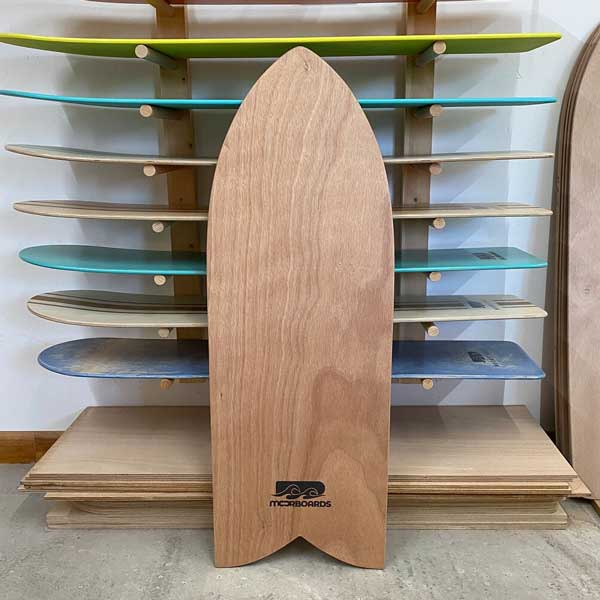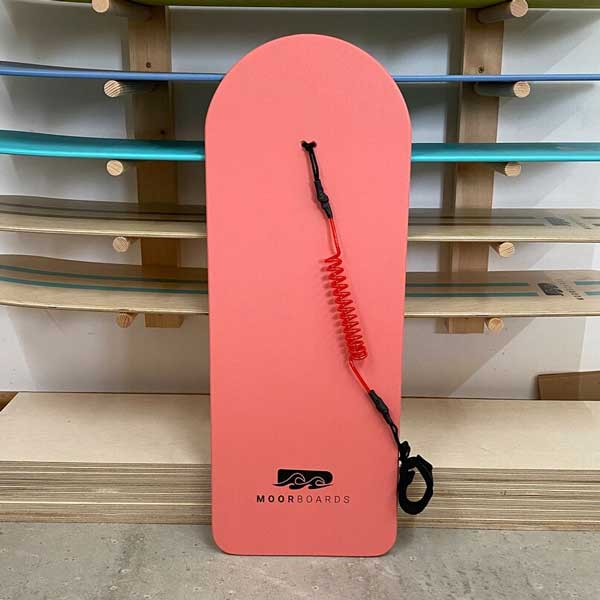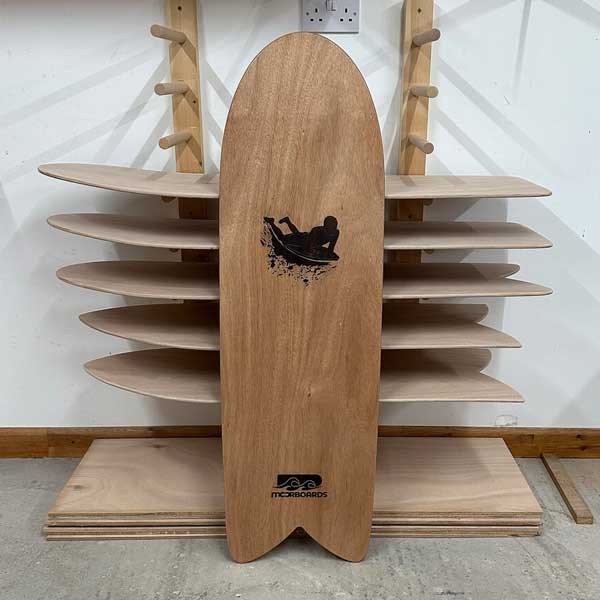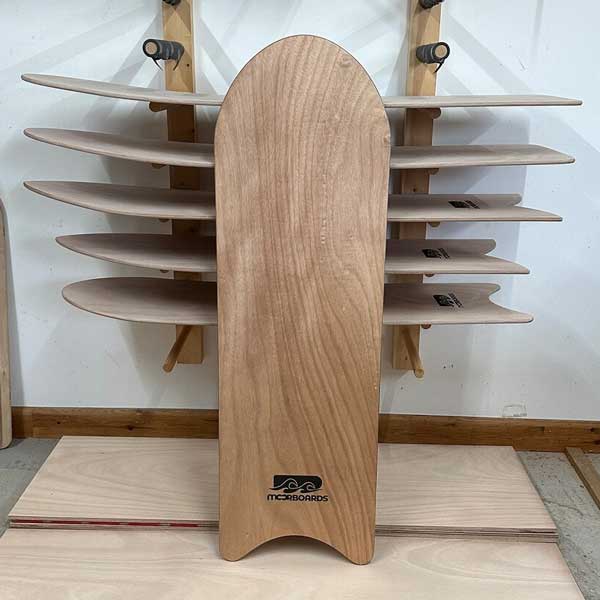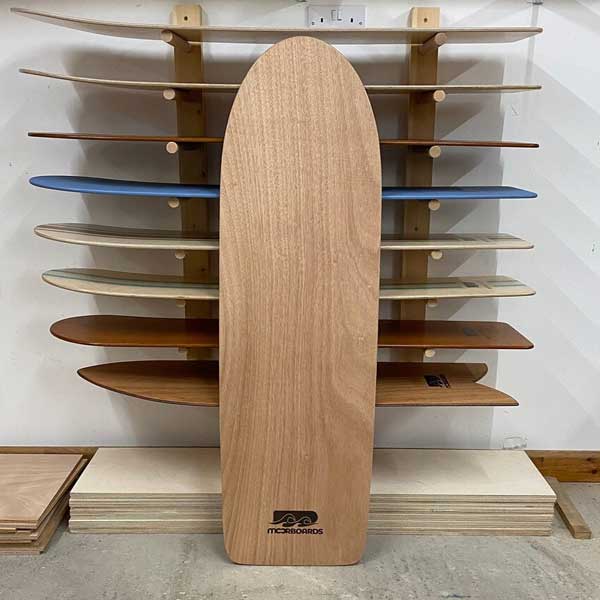About Wood Bodyboards
Wood Bodyboards, often called bellyboards, are a traditional form of Bodyboard made from wood, typically plywood.
They have a rich history and are still used today by Bodyboarders who appreciate their classic design and unique riding experience.
Characteristics Of Wood Bodyboards
Here are some of the key characteristics of Wood Bodyboards.
Material
It is usually made from marine-grade plywood, such as Okoume, known for its strength, lightweight, and water resistance.
Design
Often simpler and thinner than foam bodyboards, with a flat or slightly curved shape. They usually have a varnished finish and can be adorned with engraved designs or painted images.
History
Wooden bodyboards have a long history, with their use dating back to the early 20th century, particularly in the UK.
Advantages Of Conventional Bodyboards
Wood Bodyboards have some advantages over conventional Bodyboards.
Durability
Wood bodyboards are extremely durable. They can last for many years, even decades, and with proper care and maintenance, will outlast most foam boards.
Environmental Impact
Wood is a more sustainable and environmentally friendly material compared to the foam and plastics used in conventional bodyboards.
Riding Experience
Wood bodyboards offer a different riding experience. They tend to be faster and offer a closer connection to the wave, suitable for riders who enjoy a more traditional form of wave riding.
Aesthetics
Wood boards have a classic, timeless look.
Maintenance
They require less maintenance in terms of not needing wax or other surface treatments that foam boards might require for grip.
Heritage & Tradition
Using a wooden bodyboard connects riders to the sport’s historical roots, offering a sense of tradition and nostalgia.
Buoyancy & Stability
Wood boards are very buoyant and offer a stable ride, which can benefit beginners in certain wave conditions.
Considerations
There are some considerations when deciding whether to purchase a Wood Bodyboard.
Weight
Modern Wood Bodyboards are relatively lightweight but still heavier than foam boards, which might affect handling for some users, especially children.
Comfort
Foam boards are often more comfortable, especially in colder water, as wood also doesn’t insulate.
Maneuverability
Foam boards offer more manoeuvrability and are often preferred by advanced Bodyboarders who perform more complex bodyboarding techniques.
Summary Of Wood Bodyboards
Wood Bodyboards, with their durability, environmental friendliness, unique riding experience, and unique looks, offer an alternative to conventional foam bodyboards.
They are an excellent choice for those who want a different wave-riding style and feel.
